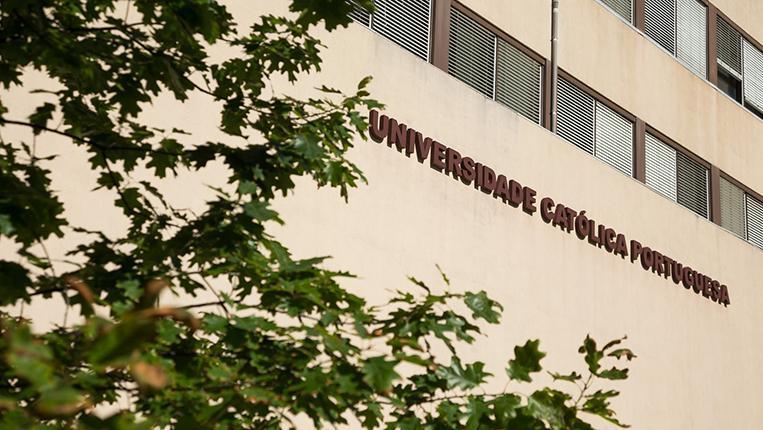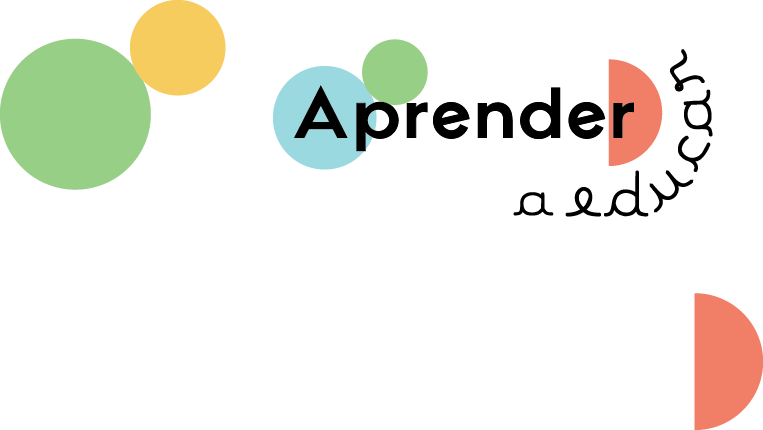The start of a new year is always an invitation to renewal, discovery, and reflection. Books play a crucial role in this process. To inspire our academic community, we asked three Professors from the Faculty of Education and Psychology at the Universidade Católica Portuguesa (FEP-UCP) to share their literary suggestions. The result? Three books that promise to take us on transformative journeys in 2025 - through memory, freedom or self-awareness.
“Life in the Jungle” (“A Vida na Selva”), by Álvaro Laborinho Lúcio
Recommendation by José Matias Alves
“It's an unclassifiable book - a mosaic of memories, inscriptions, evocations, successive births and rebirths. A book of other books, of other texts, of inner and outer journeys, of autobiographical records. A book to 'discover yourself', to 'explain your inexplicable heart', as he says, quoting Chateaubriand.
Divided into four sections - birth, flight, struggle and departure – along with a preface and epilogue, Life in the Jungle centers on an excellent essay written in the first year of secondary school, which the teacher did not give credit for, asking in front of the whole class: 'Tell me, my son, you didn't write it yourself, did you? This "prophecy" almost ruined his schooling and forced the author into the metamorphosis of rebirth. The incessant search for the word, for justice, for freedom, for fraternity. Because 'there are books that don't just ask for a sympathetic reception. They demand a response. They ask us for a 'new action', as the author puts it, quoting Steiner.”
“The Disobedient. Biography of Maria Teresa Horta” (“A Desobediente. Biografia de Maria Teresa Horta”), by Patrícia Reis
Recommendation by Diana Mesquita
“Maria Teresa Horta is a woman of poetry, freedom, politics, love, and lovelessness. She conquers with her genius and at the same time questions, denounces and disturbs. A disobedient woman.
As a girl, she played with non-existence. As an adult, she was beaten by fascists who told her: 'This is to teach you not to write like you do'.
She is one of the three Marias of the 'New Portuguese Letters'. She met Simone de Beauvoir. She refused an award from Passos Coelho. She was awarded the Order of Liberty by the President of the Republic. She still defends women today.
She was recently named by the BBC as one of the 100 most influential and inspiring women in the world.
And this biography allows us to get to know Teresinha better.
One of the most fascinating books I read in 2024. Why not yours in 2025?”
“The longest night of all nights” (“A Noite Mais Longa de Todas as Noites”), by Helena Pato
Proposal by Filipa Sobral
“On the 50th anniversary of 25 April 1974, it's time to celebrate freedom, but also to remember the dark times that preceded it. The power of memory and historical truth led me this year to visit two of the political prisons of the New State era: Aljube Prison and Peniche Fort (now transformed into the Museum of Resistance and Freedom). During these visits I realised how little I knew about what happened in these places and about the experiences of those who spent days, months, or years of their lives there. To honour these memories and to ensure that they are never forgotten, I would like to recommend a book written in the first person: “The Longest Night of All Nights” (1926-1974) by Helena Pato. In this autobiographical work, the author gives a raw account of the torture she suffered at the hands of the PIDE, how she survived, resisted and never gave up. If you would like to hear her testimony in person, as well as that of other political prisoners, you can also visit the Aljube Museum's YouTube channel https://www.youtube.com/@museudoaljuberesistenciael239”.
An invitation to reflect and broaden horizons
These are just a few of the many works that could have been proposed. Reading is an act of transformation and cultural enrichment. By immersing ourselves in new stories, we expand our horizons, develop critical thinking, and acquire tools to build a more just and supportive world.




